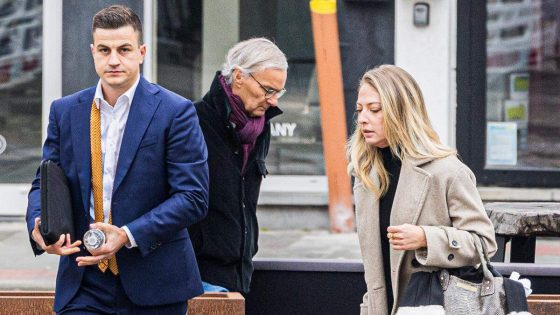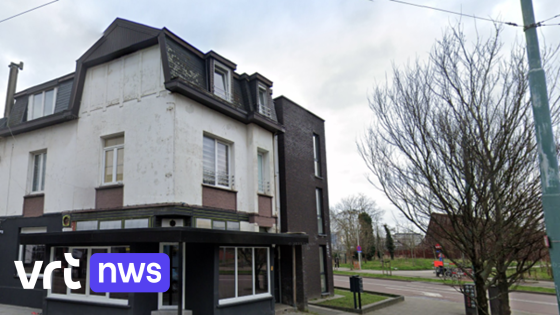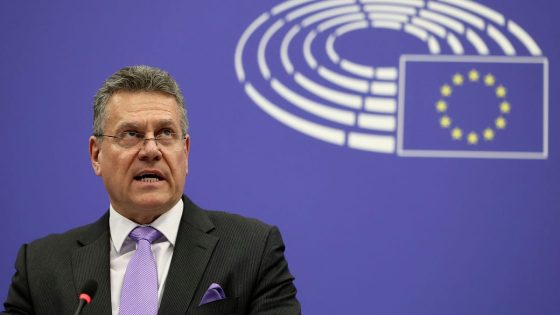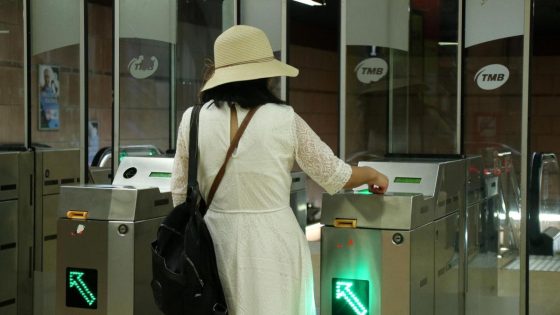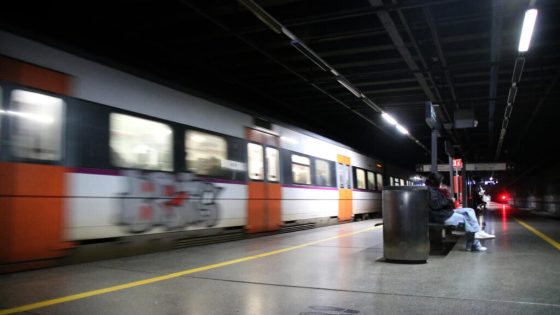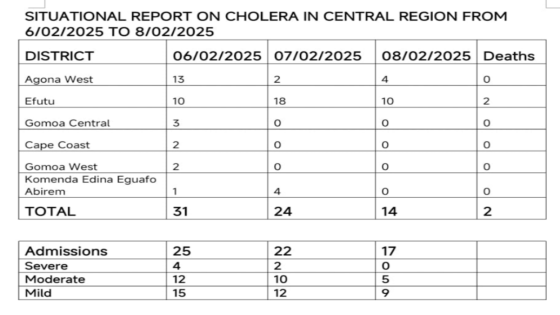Dries Van Langenhove faces a potential year-long prison sentence as his appeal progresses. On March 28, 2025, the prosecutor urged the court to uphold the original ruling against him for promoting racism and negationism. With serious implications for his political career, will this case reshape public discourse in Belgium?
- Dries Van Langenhove sentenced to one year imprisonment.
- Prosecutor seeks same sentence for all defendants.
- Accusations of lying against Van Langenhove's lawyer.
- Defense claims evidence was manipulated by VRT.
- Prosecutor describes group as hierarchical and structured.
- Court proceedings include statements from civil parties.
Dries Van Langenhove’s Appeal: What It Means for Belgian Politics
The ongoing legal battle surrounding Dries Van Langenhove highlights significant issues within Belgium’s political landscape. How will this affect future elections? As he appeals his conviction for inciting racism, the stakes are high not just for him but also for the broader societal implications of such rulings.
The Role of Free Speech vs. Accountability in Political Discourse
This trial challenges the balance between free expression and accountability among public figures. Here are key points to consider:
- Van Langenhove’s prior conviction included a one-year prison sentence.
- The prosecutor argues there is no remorse from those involved.
- Debates around freedom of speech are heating up globally.
- This case could set precedents for future political conduct.
The Accusations Against Van Langenhove: A Closer Look
The accusations against Dries Van Langenhove stem from his involvement with Schild & Vrienden, a group accused of spreading harmful ideologies through memes and online content. Critics argue that such actions undermine social cohesion and promote division.
Implications of Legal Outcomes on Political Careers
If convicted, Van Langenhove would face significant restrictions on his ability to participate in politics, including a ten-year ban from holding public office or running in elections. This raises questions about how legal decisions can shape political futures and influence voter sentiment.
The Broader Context: Similar Cases Worldwide
This situation isn’t unique to Belgium; many countries grapple with similar issues regarding hate speech laws versus freedom of expression. Observers worldwide are watching closely as this case unfolds—could it inspire changes or spark controversies elsewhere?
In conclusion, as Dries Van Langenhove’s appeal continues, its ramifications extend beyond individual consequences into wider discussions about democracy and responsibility in modern politics.



